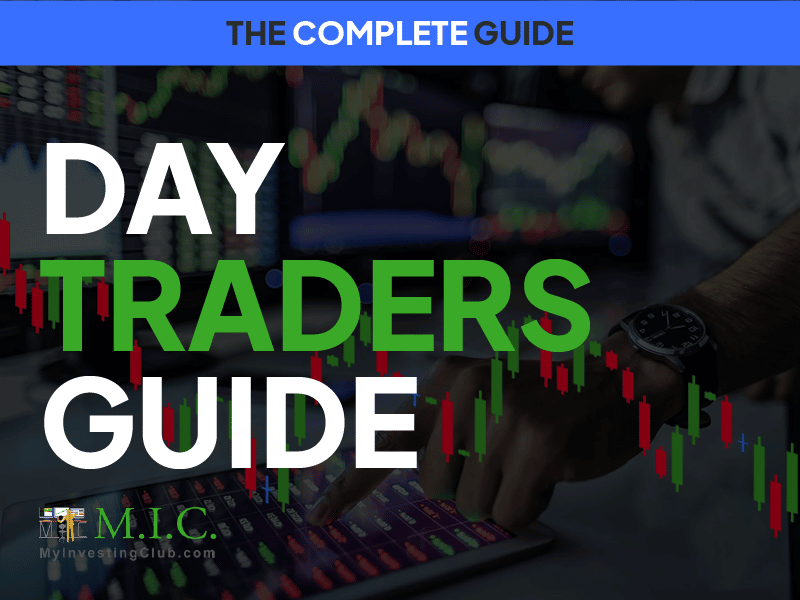If you’re new to the world of stock trading, you might wonder what a cash account is and how it differs from a margin account. Here’s a quick rundown of the two types of accounts and how they work.
Cash Account
A cash account is pretty much what it sounds like—it’s an account where you can only trade with the cash that you have on hand. You can’t borrow any money from your broker to buy additional shares, so if you want to buy $1,000 worth of stock, you need to have $1,000 in your account.
Margin Account
A margin account, on the other hand, allows you to borrow money from your broker to buy additional shares. So if you want to buy $1,000 worth of stock, you might only need to have $500 in your account if your broker is willing to lend you the other $500. Of course, there’s a catch. Your broker will charge you interest on the money you borrowed. Suppose the value of the stock falls below a certain level (known as the “maintenance margin”). In that case, you’ll be required to deposit more money into your account or sell some of your shares.
A margin account is required if you plan to be shorting stocks.
Settlement
Day trading is all about the trade date – but what happens when you buy an option on Monday and sell it back Tuesday?
The answer: Those funds won’t clear until Wednesday!
This could be a big drawback if your goal was to use those funds immediately, though there are some benefits.
One major plus side of cash accounts (as opposed to margin) is that traders don’t need $25K+ lying around to satisfy the Pattern Day Trader Rule (PDT). There is no equity requirement in a cash account. You can trade any amount anytime without feeling restricted by your total account value.
Let’s say you buy 100 shares of XYZ at $5.00 on Monday. That trade would require $500 of cash.
$5.00 x 100 shares = $500
$500 is the cash you need to buy those shares, plus the commission. You then turn around and sell those 100 shares of XYZ. The remaining cash from that trade, whether a loss or gain, will take two business days to become available to use to trade again. This is called “T+2”, which means trading day plus two business days.
Stocks have a T+2 settlement.
Options have a T+1 settlement.
Bottom Line
So which type of account should you choose? If you’re starting out, a cash account might be a good option since it forces you to limit your trades to the money that you have on hand. Once you become more experienced and comfortable with trading, a margin account can give you some extra firepower by allowing you to borrow money from your broker. Remember to tread carefully—margin accounts can be risky if you’re not careful!
What’s Next?
If you’re interested in learning more about day trading, attend our free 1-hour webinar. See you there!

